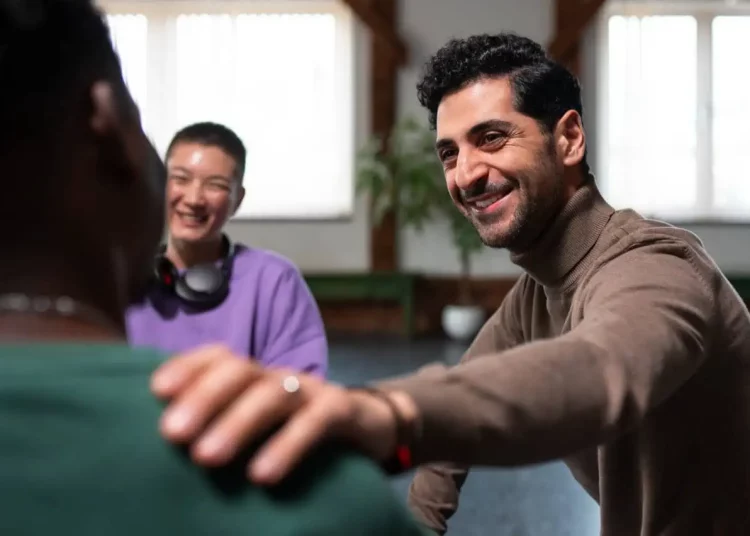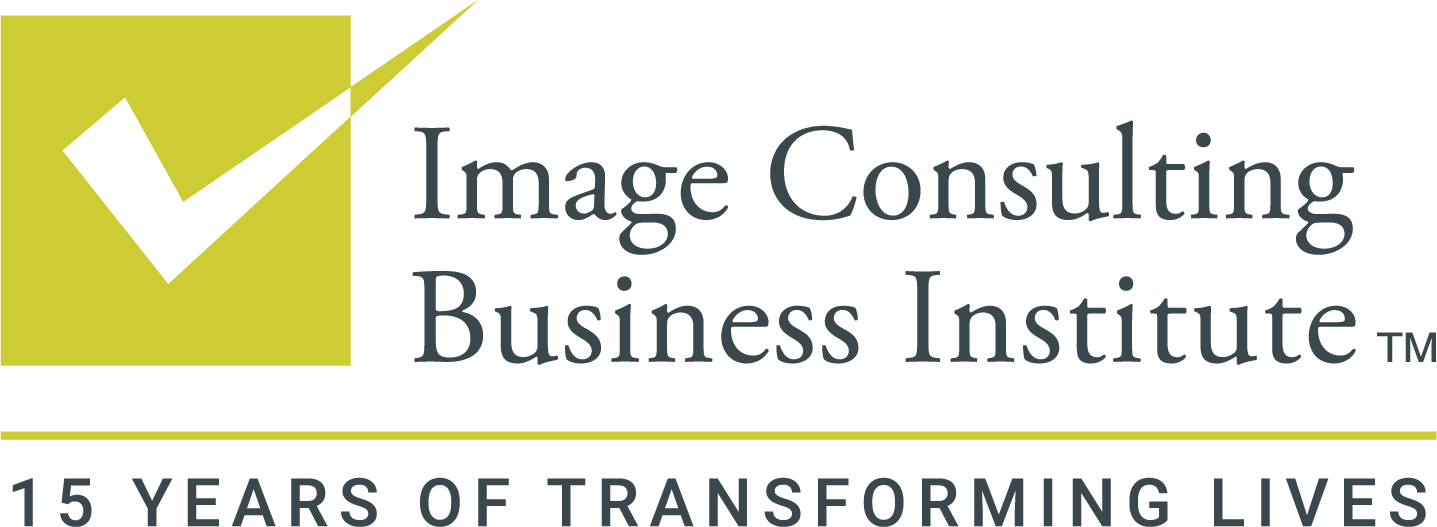Whether employees work remotely or from the official workplace, the importance of soft skills keeps increasing every day. And if you have a customer-facing business, soft skills training become all the more important.
Thankfully, soft skills can be developed in professionals with some practice and soft skills training activities. Most importantly, your training programs can be a lot of fun, so employees are encouraged to participate willingly.
This article highlights some fun and effective soft skills activities and games perfect for working professionals. Read on.
1. Reading Emails Out Loud in Face-to-Face Conversations

In organisations, everyone has different levels of communication skills. In addition to that, some people may have to write emails less often compared to others. So, they may lack skills like writing professionally and politely without being overly formal or casual.
To help them understand how they come across in emails and chat, have employees practice reading emails out loud. Soft skills exercises like these help employees compare the way they speak to the way they write, which then helps them improve their overall communication skills.
2. Above the Line and Below the Line Scenarios

It is easy to adopt bad habits and fall into ‘below the line’ thinking, which means blaming, reacting negatively, etc. Therefore, it is important to identify ‘above the line’ and ‘below the line scenarios’ and the attitudes they refer to such as helpfulness, accountability, proactiveness, etc., plus blaming, reactionary, etc.
To do this activity-based soft skills training, you can come up with scenarios, for example, if a client calls to enquire about a shipment that is only a few days late, the employee shares the delivery status and asks them to call again if the shipment is not delivered in a couple of days.
Now, your employees would be required to share if they think this is an above-the-line or below-the-line scenario. In the case of below-the-line, they would need to share an alternate response.
3. Overcoming Objections

Objections and questions can sometimes look difficult to overcome and may also end up demotivating employees, especially in service and customer-facing settings. To prevent this, you can use one of the most effective activities to improve soft skills – the WOQ technique:
- Welcome: Welcoming concerns or questions (from clients, colleagues, and superiors)
- Overcome: Overcoming the situation with a valid answer or explanation
- Question: Asking questions to answer all remaining concerns
You can use real-time scenarios or objections that the group may have had earlier.
4. Open and Close Ended Questions

One of the best soft skills workshop ideas is having employees practice the open and closed question exercise. It is aimed at minimising the interaction time and making conversations precise and helpful.
To do this, you can create a process in which the employees can prompt customers and colleagues to share their concerns or problems through a few open-ended answers and then answer a few closed-ended questions for clarity.
For these kinds of soft skills activities, you can pair up employees or trainees and ask one member to think of an object which the other one must guess by asking a series of questions. You can also have them first practice this with closed-ended questions and then with open-ended questions. This teaches employees how to follow a pattern to make exchanges helpful for both parties.
5. Empathy Exercises

Empathy is important among colleagues as well as with customers. To teach this, you can give employees scenarios like “Mrs. XYZ called complaining about an incorrect transaction and was extremely frustrated because…”
The employees must imagine a reason for the customer’s negative reaction, which would help them empathise better with people. This is one of the most effective activities to develop soft skills like empathy, teamwork, and collaboration if practiced enough.
6. Soft Skills Games with Teamwork Obstacles

Teamwork is key in overcoming obstacles. So, divide the employees into teams and play games that require problem-solving skills, such as the escape room, puzzles, etc.
You can also try this activity out:
-
-
- Give each member of the team a word that is a part of a common theme.
- Ask employees to communicate only through email and identify the theme.
-
7. Communication Between Leaders and Teams

This is one of the most important soft skills activities for employees and managers alike. The idea is to create opportunities for conversation as a start to healthy professional relationships. You can ask leaders to find something about their teams like their favourite hobby, activity, name of their pets, etc.
8. Discussion of Individual Encounters

You can discuss the teams’ individual encounters to identify what’s leading to soft skills challenges. Help your teams learn how to better respond to professional scenarios. For example, if there’s a conflict among team members, revisit the scenario to help everyone understand how it could be better handled.
9. Speaking Without Repeating

Have your employees read a transcript of an agent-customer interaction. Ask the rest of them to highlight four words and read the transcript out loud without using those words. They can rephrase the sentences or use alternate words to communicate the same message more creatively.
This is one of the most important soft skills activities for employees since it improves their vocabulary and communication skills.
10. Shrinking Vessel Activity
This is an activity-based soft skills training game to improve problem-solving skills and adaptability. Here’s how you can do this activity:
- Have employees stand together inside a circle.
- Shrink the circle after every minute.
- Encourage team members to adapt to the situation and come up with innovative solutions to fit into the circle.
This activity also makes way for collaboration and teamwork.
There are many soft skills training activities that can help you tremendously. The key is consistency. Make sure to keep employees engaged and make soft skills training fun, so it doesn’t feel like a responsibility.
Also, make sure to communicate the importance of these activities so employees can take charge of their overall growth.


